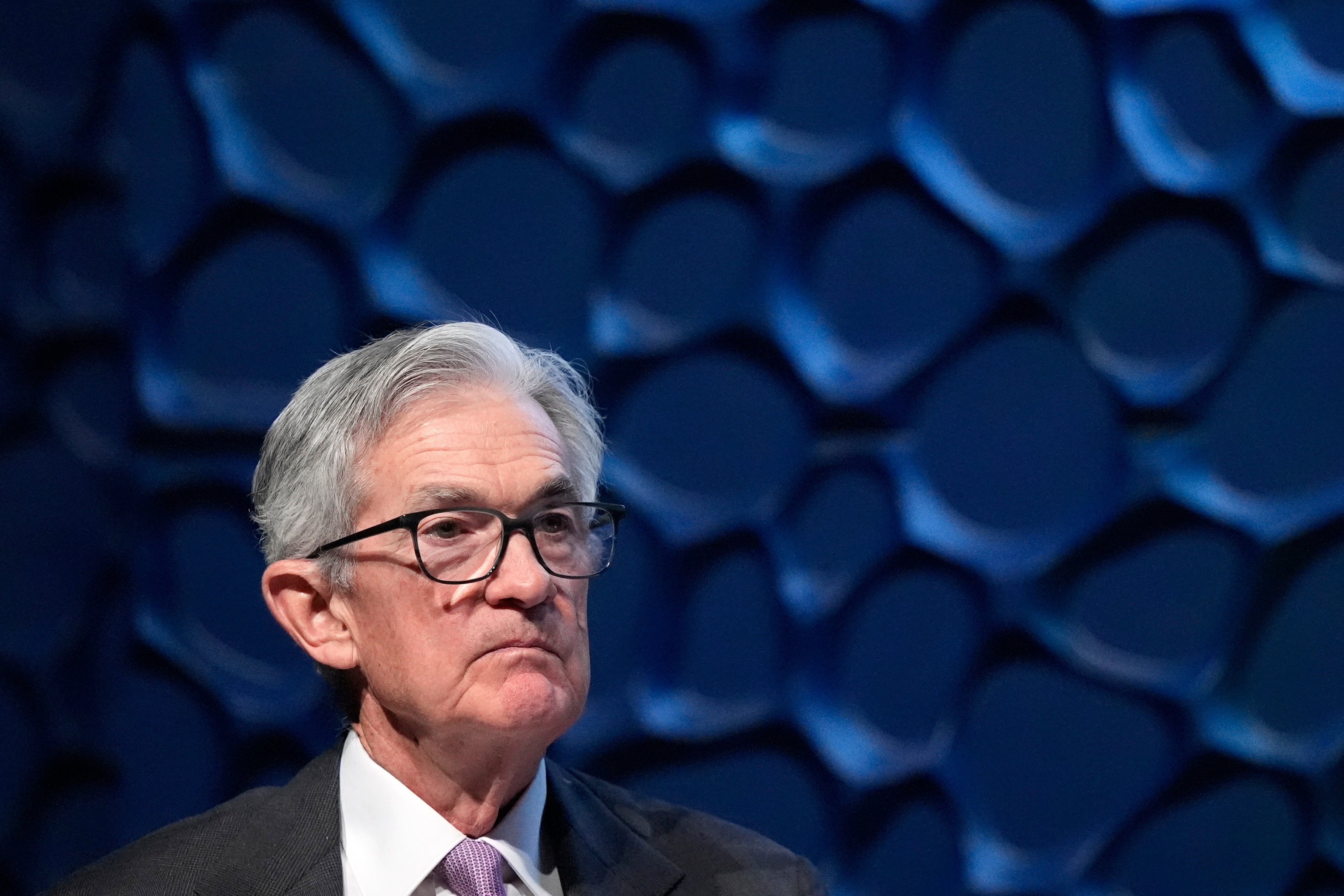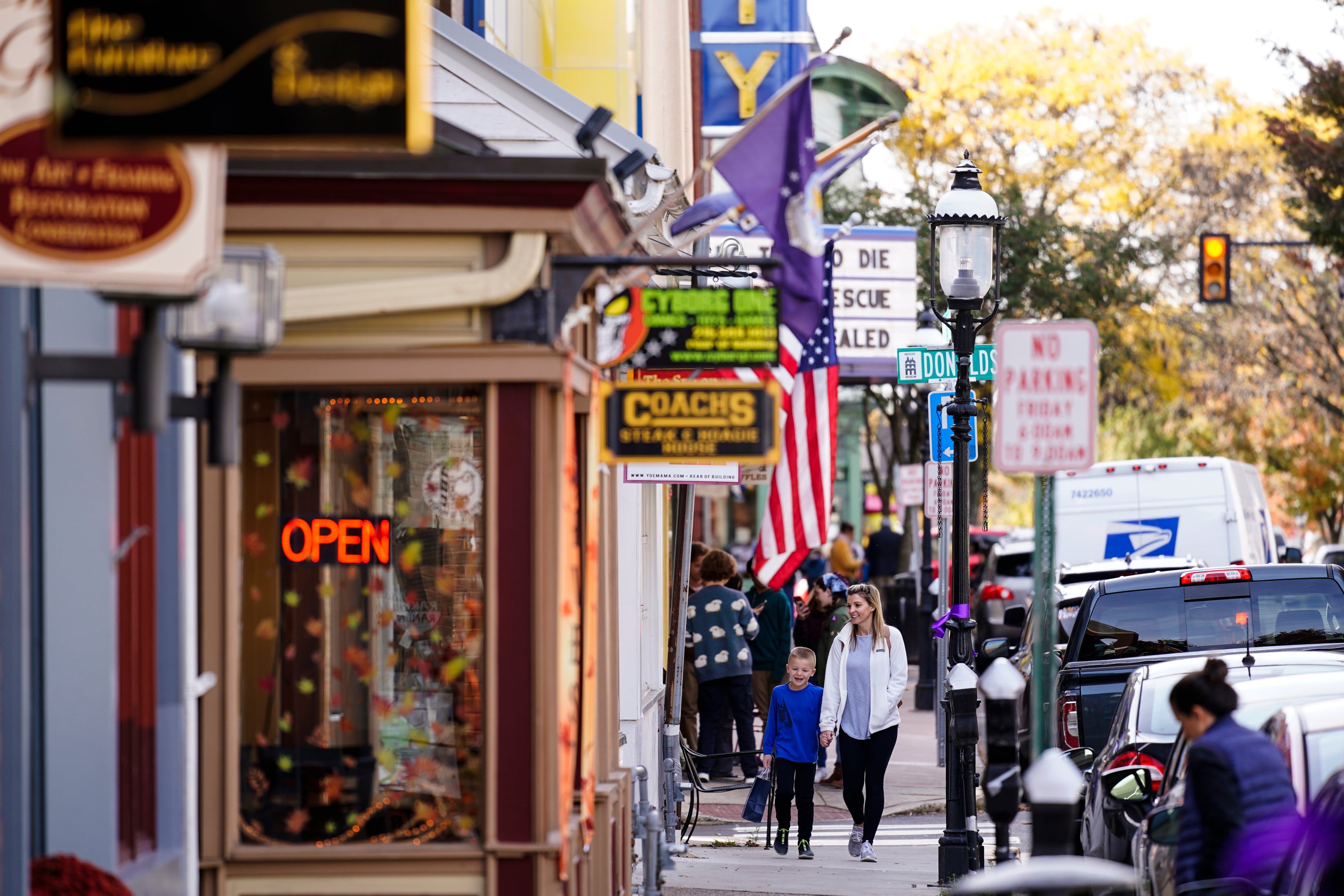SEATTLE (AP) — The union representing striking Boeing factory workers says members will vote Monday on a new contract offer from the company that provides slightly bigger wage increases than an offer that was rejected last week.
Boeing 's latest offer would raise wages 38% over four years, or a compounded increase of about 43%, the International Association of Machinists and Aerospace Workers said Thursday.
Boeing in a statement Thursday said the company was also offering a $12,000 contract ratification bonus, up from $7,000 offered previously. Additionally, the company said it would increase its contribution to employee 401(k) plans.
About 33,000 IAM members have been on strike for seven weeks, shutting down production of most Boeing airline jets including the company's best-seller, the 737 Max.
The strike began Sept. 13 when more than 94% of workers voting rejected an offer of 25% over four years. Last week, 64% shot down a proposal that would have raised general wages 35% over four years.
The union originally demanded 40% in raises over three years and restoration of traditional pensions, which were frozen for then-current workers and not extended to those hired after January 2014. Workers on picked lines in the Seattle area have stressed pensions, but the company based in Arlington, Virginia, is unwilling to bend on the issue.
Boeing has said that average annual pay for machinists is currently $75,608.
The last Boeing strike, in 2008, lasted eight weeks and cost the company about $100 million daily in deferred revenue. A 1995 strike lasted 10 weeks.
With inflation still elevated, Federal Reserve officials expressed caution at their last meeting about cutting interest rates too quickly, adding to uncert
President Joe Biden’s administration will loan $6.6 billion to electric vehicle maker Rivian Automotive to build a Georgia factory.
Americans’ outlook on the economy improved modestly in November, lifted by expectations for lower inflation and more hiring.
Since it started selling cars in 2013, Carvana has disrupted the U.S. used vehicle market with no-haggle pricing and an online buying process that cuts out the often-dreaded salesman. The Tempe, Arizona, company took advantage of many buyers’ fear of negotiating with a dealer, letting them purchase vehicles via computer and have them delivered to their homes. CEO and co-founder Ernie Garcia says the company has lower costs than conventional dealerships because it doesn’t have expensive real estate across the nation. It does have 17 centers nationwide where used vehicles are reconditioned before sale. So far the company has sold about 2 million vehicles, with sales now running at a rate of 400,000 per year.
Bitcoin’s price topped $86,000 for the first time.
Sony’s profit surged 69% in July-September on the back of strong sales of its image sensors, games, music and network services.
U.S. stocks closed their best week in a year with some modest moves.
The Federal Reserve cut its key rate by a quarter-point in response to the steady decline in the once-high inflation that had angered Americans.
Shares of Tesla soared Wednesday as investors bet that the electric vehicle maker and its CEO Elon Musk will benefit from Donald Trump’s return.
It’s one of the most under-publicized policies of some of the biggest U.S. retailers: they give customers full refunds and let them keep the stuff.













